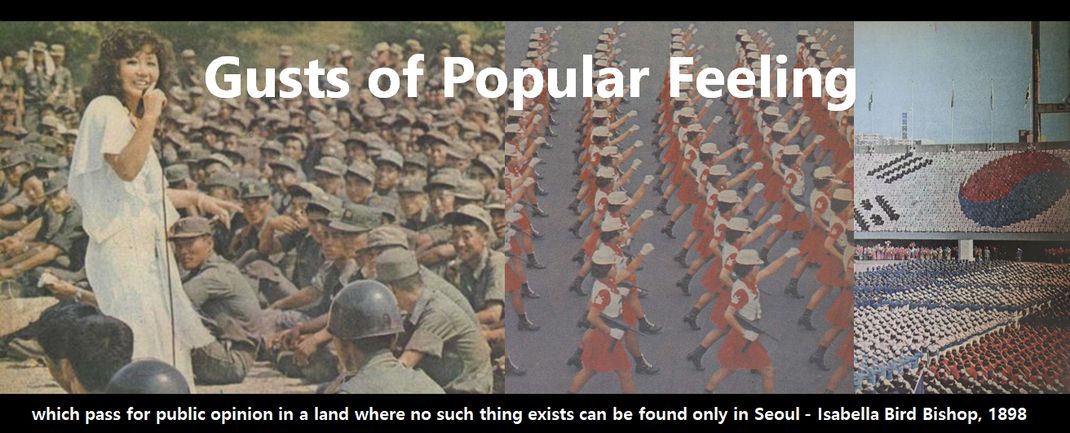The Korea Herald has an article about ATEK and its desire to change the image of English teachers.
The Korea Times also has an article about wanting to change the image of English teachers:
For many Koreans, English is a language that only those from Western countries can teach. However, a small private school in North Jeolla Province has challenged this prejudice by inviting the first-ever Indian English teacher here last September.It's interesting that in other articles by this writer, such as this one titled "Foreign Teachers Fight 'Discrimination'; Justice Ministry Discounts the Claim" or this one, which refers to "what they call discriminatory visa rules," claims of "discrimination" are put in quotation marks or made clear that the 'discrimination' is merely something that is claimed by one party. In this latest article, however, the 'prejudice' that "only those from Western countries can teach" English is taken as a given.
That's not to say that there isn't such a prejudice - there is, and I think it's great that teachers from other countries are being hired. Students will get to meet people from other cultures - people who are usually found working in factories in Korea - and learn more about the world, and the education offices will get to save money by paying them less. It's pretty easy to see what one of the aims of the article is, however.
“Indian teachers are quite friendly and respect our culture,” Lee [Chae-chong, a supervisor dealing with English teacher recruitment at the North Jeolla Province Office of Education] added.[...]One wonders if the first sentence of that last quote was actually said or not. At any rate, even without it, the message would be clear - the Indian teacher respects Korean culture and understands Asian values, unlike those other teachers.
“It’s true that some native English teachers are not so serious about their classes and look down on Korean teachers. But our English teacher is very devoted to his classes,” said Yang In-sun, one of Wanju High School’s English teachers. “He also understands Asian values very well.”
I was wondering if this article, written for an Indian audience, would be a little more neutral. It looks at the background of all of this and interviews the Indian ambassador, noting that the ability of Indians to teach English in Korea
is very much a result of hectic trade parlays which resulted in India's Comprehensive Economic Partnership Agreement (Cepa) with South Korea last year. [...] Cepa had a clause to allow Indians [to] teach English in South Korea.It turns out that the article was based on the Korea Times article, and ends on this note:"It took great diplomatic effort to achieve this. It can really open the market for our teachers," India's Ambassador to South Korea S R Tayal told Business Standard. "We have to leverage our human resources. South Korean companies employ many Indians in important positions in India. We must have more Indian workers in South Korea."
Some welcomed the inclusion of Indians in teaching because they thought the native English speakers were not serious about their classes and looked down on Korean teachers.On a more upbeat note, in an article with a title containing the quotes "Something I can't imagine in Britain" and "Am I in North Korea?", Voice of the People interviewed a native speaking teacher who was popular and got on well with other teachers until recently, when he became glum after a teacher he works with at his school was disciplined and faced suspension after she donated to a political party, and a teacher at another school was fired. While it's clear that he's being used to criticize government heavy-handedness, it's nice to see an interview with him that actually treats him as a person with opinions worth listening to.

No comments:
Post a Comment